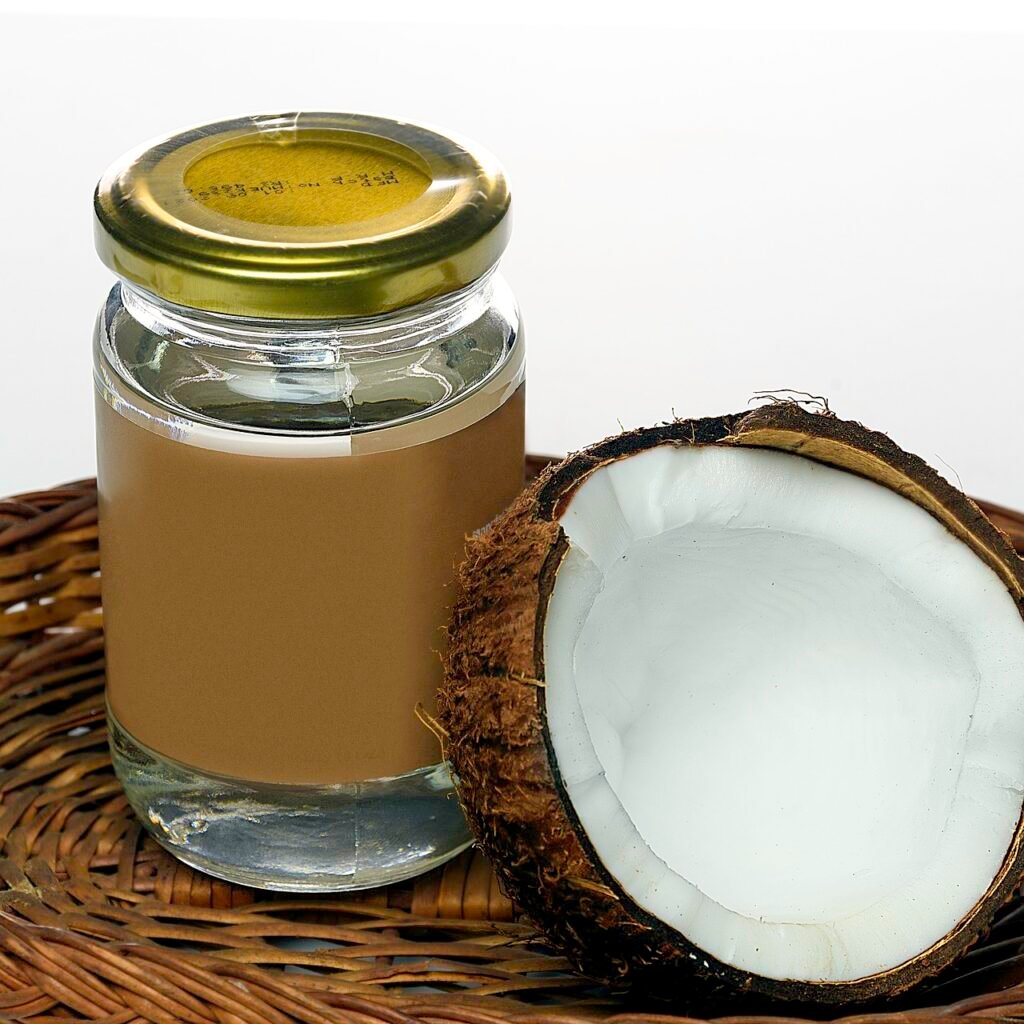Hair loss is a concern for many people, especially as they age. While genetics play a significant role in hair thinning, many people wonder if there’s a link between thinning hair and testosterone levels. In this blog post, we’ll explore the relationship between testosterone, a vital hormone in the body, and hair loss. Whether you’re concerned about your own hair health or looking for effective solutions, understanding this connection can help you make informed decisions.
Understanding Testosterone and Its Role in Hair Health
Testosterone is a hormone that plays a crucial role in the development of male characteristics, but it’s present in both men and women. It’s responsible for muscle growth, bone density, and the development of body hair. However, testosterone can also influence hair loss, particularly when it’s converted into a more potent form called dihydrotestosterone (DHT).
DHT binds to receptors in the hair follicles, shrinking them and making it harder for hair to grow. Over time, this process can lead to thinning hair and, eventually, baldness. This condition, known as androgenetic alopecia or male-pattern baldness, is the most common cause of hair loss in men. Women can also experience androgenetic alopecia, though the pattern of hair loss is usually different, often leading to diffuse thinning rather than a receding hairline.
Does High Testosterone Cause Hair Loss?
One of the biggest misconceptions is that high testosterone levels directly cause hair loss. However, it’s not the amount of testosterone itself, but the level of DHT that plays a more significant role. Some people are genetically predisposed to convert more testosterone into DHT, which can lead to greater hair follicle shrinkage and hair loss. It’s also important to note that not everyone with high testosterone levels experiences hair thinning or baldness, and not everyone with hair loss has high testosterone.
Can Low Testosterone Lead to Hair Thinning?
Interestingly, low testosterone levels can also lead to hair thinning, though the mechanisms are different. Testosterone helps maintain hair growth, so a deficiency can weaken hair and slow down its growth. People with low testosterone might notice hair thinning in areas not affected by DHT, such as the arms, legs, or face.
Solutions for Hair Thinning Linked to Testosterone
If you’re concerned about hair thinning and suspect it may be related to testosterone levels, there are several solutions to consider:
- DHT Blockers: Products that are designed to reduce DHT levels, preventing it from affecting hair follicles. These are often effective for those with androgenetic alopecia.
- Natural supplements: For those with low testosterone levels, natural supplements might help in maintaining hair health, although it’s crucial to balance therapy to avoid increasing DHT production.
- Lifestyle Changes: A balanced diet rich in vitamins and minerals, regular exercise, and stress management can all support healthy hormone levels and hair growth.
Conclusion
While there’s a clear link between testosterone and hair thinning, it’s a complex relationship influenced by genetics, hormone levels, and other factors. Whether you’re dealing with high or low testosterone, understanding the root cause of your hair loss is essential for choosing the right treatment.
Disclaimer: The information provided on this blog is for general informational purposes only and is not intended as medical advice. Always consult with a qualified healthcare professional before making any decisions regarding your health or starting any new treatments. The content here should not be used to diagnose, treat, or prevent any medical condition. Additionally, please note that this blog is reader-supported. If you click on an affiliate link or advertisement and make a purchase, we may receive a commission at no extra cost to you. This helps us maintain the site and continue providing valuable content.




